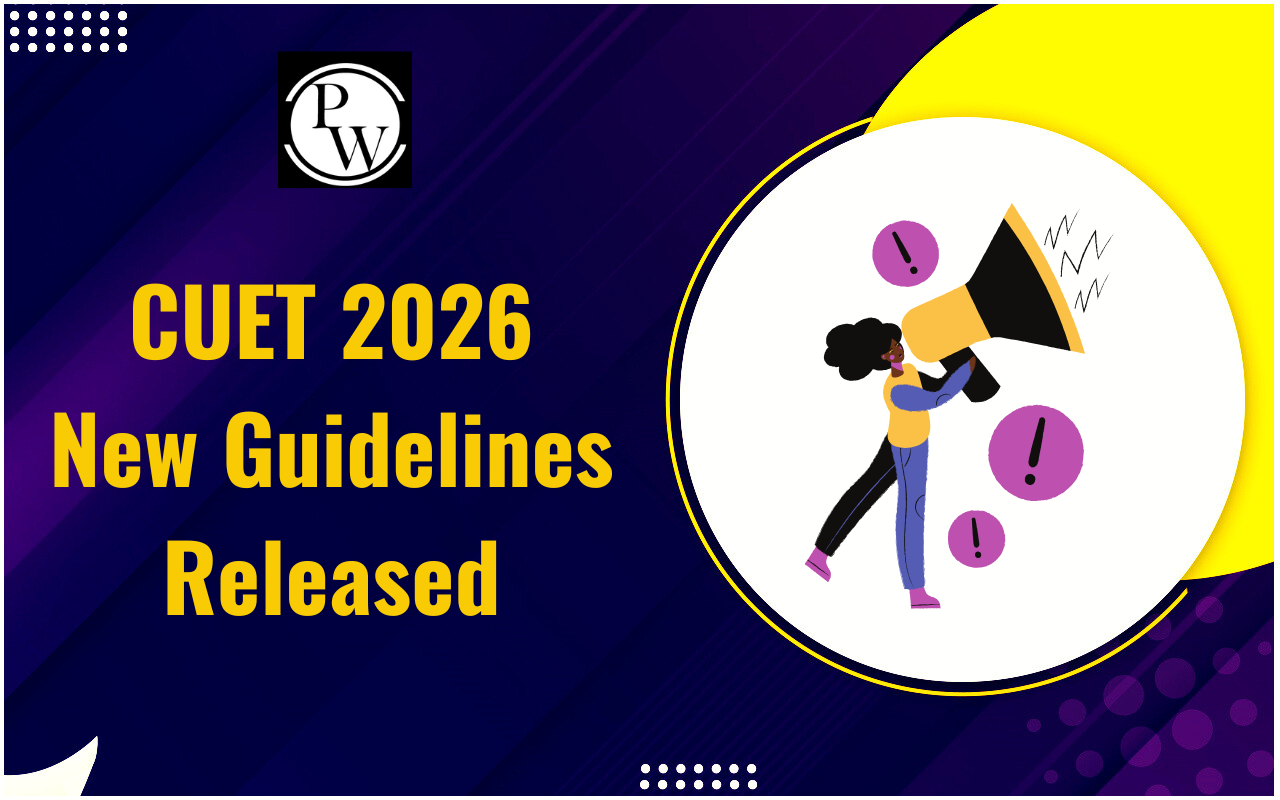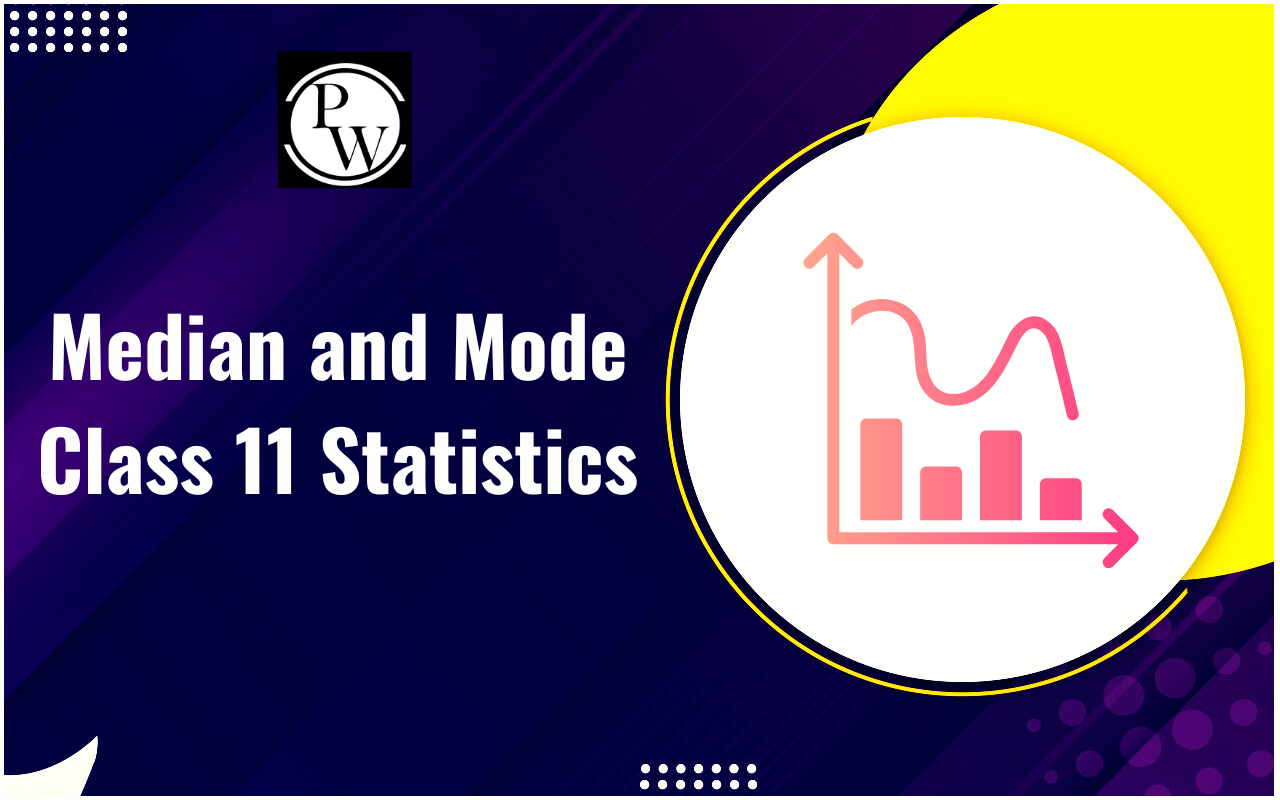
Types of Decision in Decision Making: Decision-making is a fundamental process in both personal and professional life. Every day, individuals and organizations make various decisions that impact their future. Understanding the Types of Decision in Decision Making helps in making informed and effective choices. This article explores different types of decisions, their significance, and how they influence outcomes.
What is Decision Making?
Decision-making is the process of selecting the best option from multiple alternatives. It involves analyzing situations, evaluating possible choices, and choosing the most suitable one. Effective decision-making helps individuals and businesses achieve their goals efficiently.
Major Types of Decision in Decision Making
There are several Types of Decision in Decision Making, each suited to different situations. Below are the key categories:
1. Strategic Decisions
Strategic decisions are high-level choices that determine the long-term direction of an organization. These decisions impact the overall mission, vision, and goals. Examples include:
Expanding business operations
Entering a new market
Investing in new technologies
These decisions require thorough analysis, as they shape the future of a company.
2. Tactical Decisions
Tactical decisions support strategic decisions by focusing on short-term goals. Mid-level managers usually make these decisions and include:
Implementing marketing campaigns
Adjusting production schedules
Setting sales targets
Since tactical decisions deal with execution, they help bridge the gap between strategy and daily operations.
3. Operational Decisions
Operational decisions are routine choices made at lower management levels to ensure smooth daily functions. Examples include:
Assigning tasks to employees
Managing inventory levels
Approving customer service responses
These decisions are crucial for maintaining efficiency in daily business activities.
4. Programmed Decisions
Programmed decisions follow established rules or guidelines. These decisions are repetitive and structured, meaning there is little uncertainty. Common examples include:
Approving employee leaves based on company policy
Ordering supplies when stock levels drop
Processing customer refunds
Since these decisions follow predefined procedures, they require minimal effort and analysis.
5. Non-Programmed Decisions
Non-programmed decisions deal with unique or unexpected situations. They require creativity, analysis, and judgment. Examples include:
Launching a new product line
Handling a public relations crisis
Deciding on mergers or acquisitions
These decisions carry high risk and demand innovative problem-solving skills.
6. Individual Decisions
Individual decisions are made by a single person, often based on personal judgment and expertise. These decisions are common in small businesses or sole proprietorships. Examples include:
Choosing a career path
Deciding to start a business
Selecting a project to work on
Since individual decisions do not involve multiple opinions, they are often quicker but may lack diverse perspectives.
7. Group Decisions
Group decisions involve multiple people collaborating to make a choice. These decisions are common in organizations where teamwork is essential. Examples include:
Selecting a new company policy
Deciding on a business expansion strategy
Resolving workplace conflicts
Group decisions often lead to better outcomes due to diverse perspectives but may take longer due to discussions and disagreements.
8. Routine Decisions
Routine decisions are made regularly and do not require much thought or analysis. They are based on established patterns and include:
Setting work schedules
Choosing daily commuting routes
Approving budget allocations
These decisions help maintain efficiency in personal and professional life.
9. Complex Decisions
Complex decisions involve multiple factors and require deep analysis. These decisions often come with high risks and uncertainties. Examples include:
Investing in a startup
Selecting a business partner
Expanding operations to an international market
Complex decisions demand extensive research and risk assessment to avoid unfavorable outcomes.
10. Financial Decisions
Financial decisions focus on monetary aspects and resource allocation. They determine the financial health of individuals or organizations. Examples include:
Choosing investment opportunities
Budgeting for a project
Deciding on pricing strategies
Sound financial decisions ensure sustainability and profitability.
11. Ethical Decisions
Ethical decisions consider moral values and principles. These decisions are crucial in maintaining integrity and public trust. Examples include:
Deciding whether to disclose company financial losses
Choosing suppliers with ethical labor practices
Implementing diversity and inclusion policies
Organizations that prioritize ethical decisions build strong reputations and long-term success.
12. Policy Decisions
Policy decisions establish guidelines and procedures within an organization. These decisions affect employees and stakeholders. Examples include:
Setting workplace safety regulations
Implementing remote work policies
Defining employee benefits programs
Policy decisions help create structured and organized workplaces.
13. Consensus Decisions
Consensus decisions require agreement from all group members before implementation. These decisions are common in democratic settings. Examples include:
Approving a new company mission statement
Electing team leaders
Deciding on major organizational changes
Although consensus decisions promote teamwork, they can be time-consuming.
14. Emergency Decisions
Emergency decisions are made under time constraints and pressure. These decisions are crucial in crisis management. Examples include:
Responding to cybersecurity breaches
Managing natural disasters in workplaces
Handling sudden market crashes
Since emergency decisions require immediate action, decision-makers must think quickly and efficiently.
Importance of Understanding Different Types of Decision in Decision Making
Recognizing the Types of Decision in Decision Making helps individuals and organizations:
- Improve efficiency by applying the right decision-making approach
- Reduce risks by analyzing possible consequences
- Enhance problem-solving skills in uncertain situations
- Strengthen teamwork and collaboration in group decisions
Decision-making is a critical skill that influences success in various aspects of life. By understanding the Types of Decision in Decision Making, individuals and organizations can make better choices that align with their goals. Whether it's strategic, operational, financial, or ethical, each decision type plays a vital role in shaping outcomes. Developing strong decision-making abilities ensures progress, efficiency, and long-term success.
Join PW Commerce Online Course and unlock your potential with quality education and dedicated learning support.
Types of Decision in Decision Making FAQ
What are the main types of decision in decision making?
How do strategic and tactical decisions differ?
Why are non-programmed decisions important?
How does group decision-making benefit organizations?










